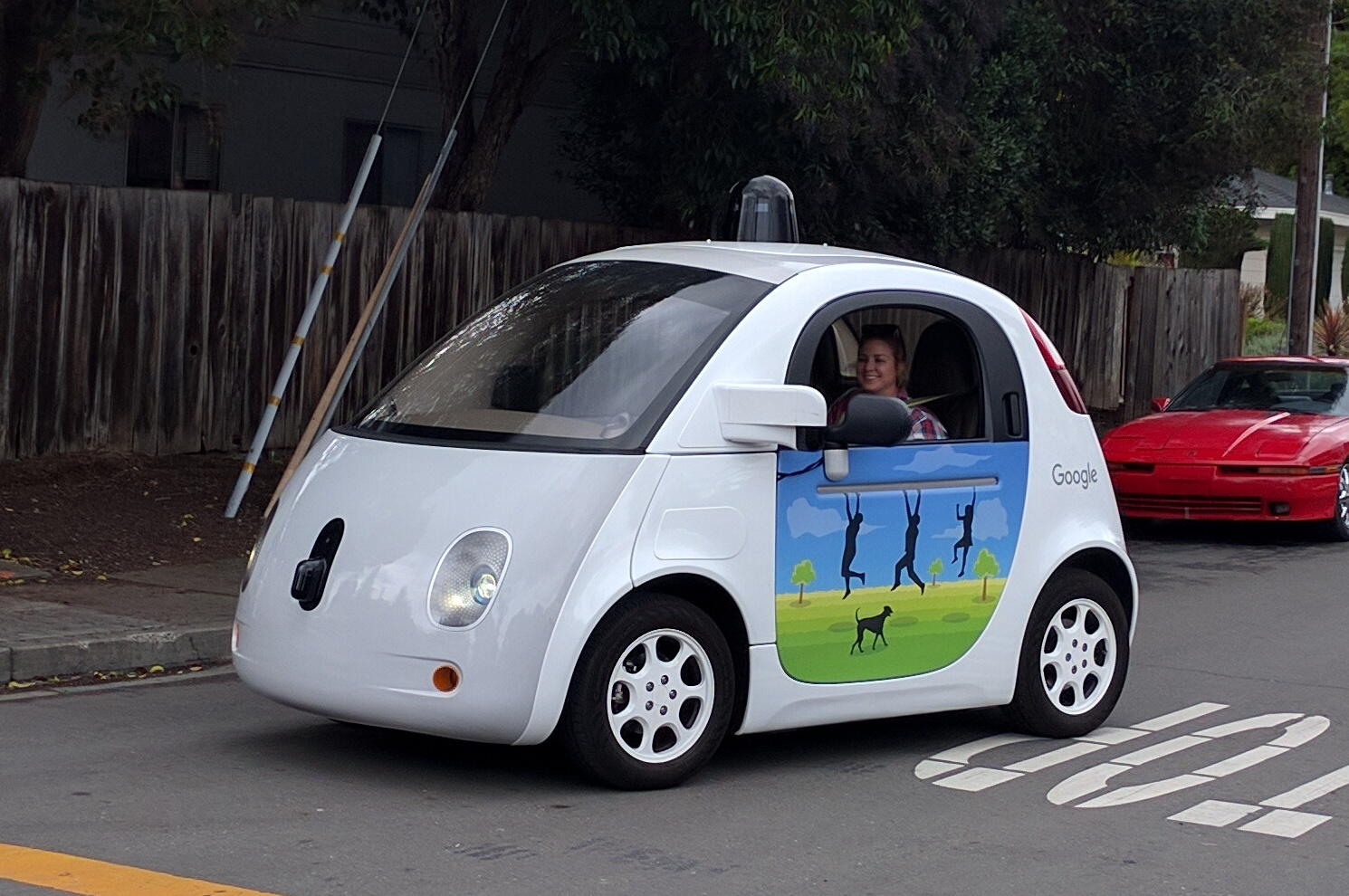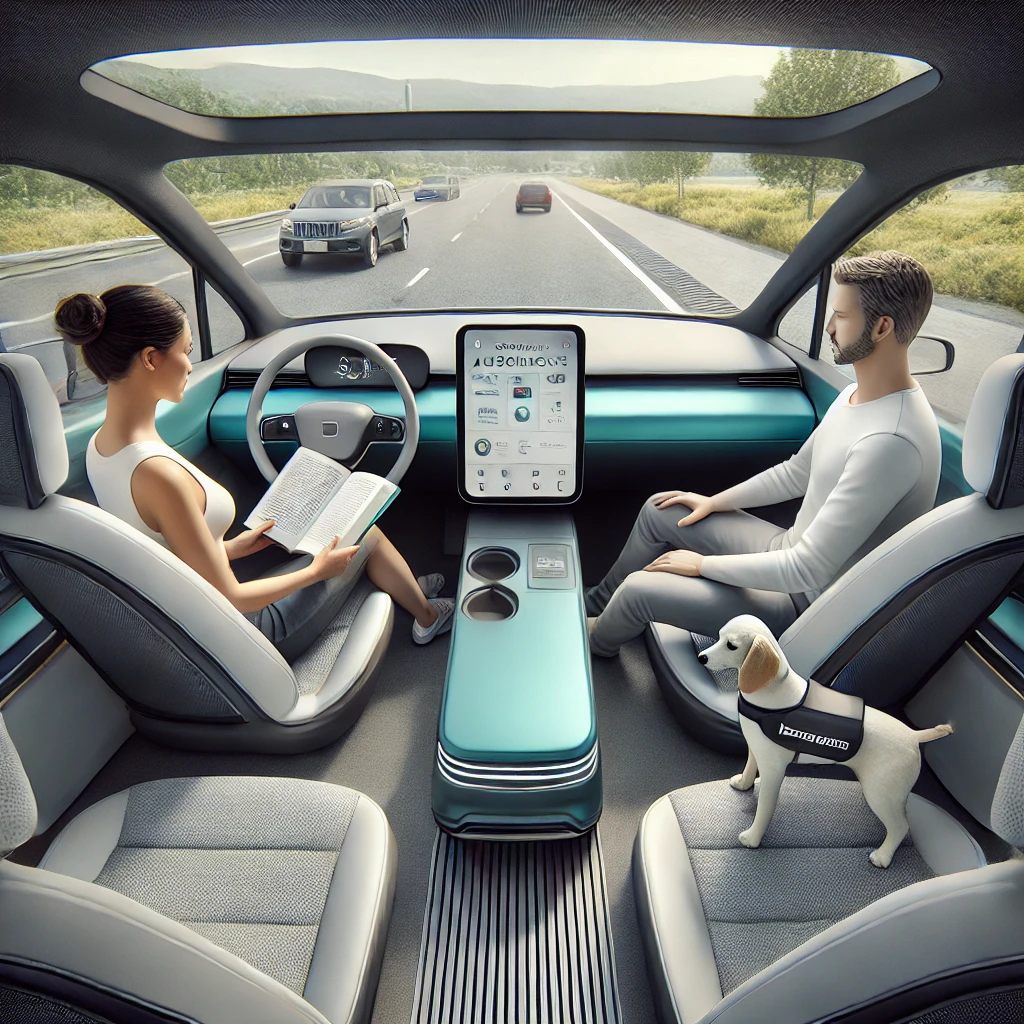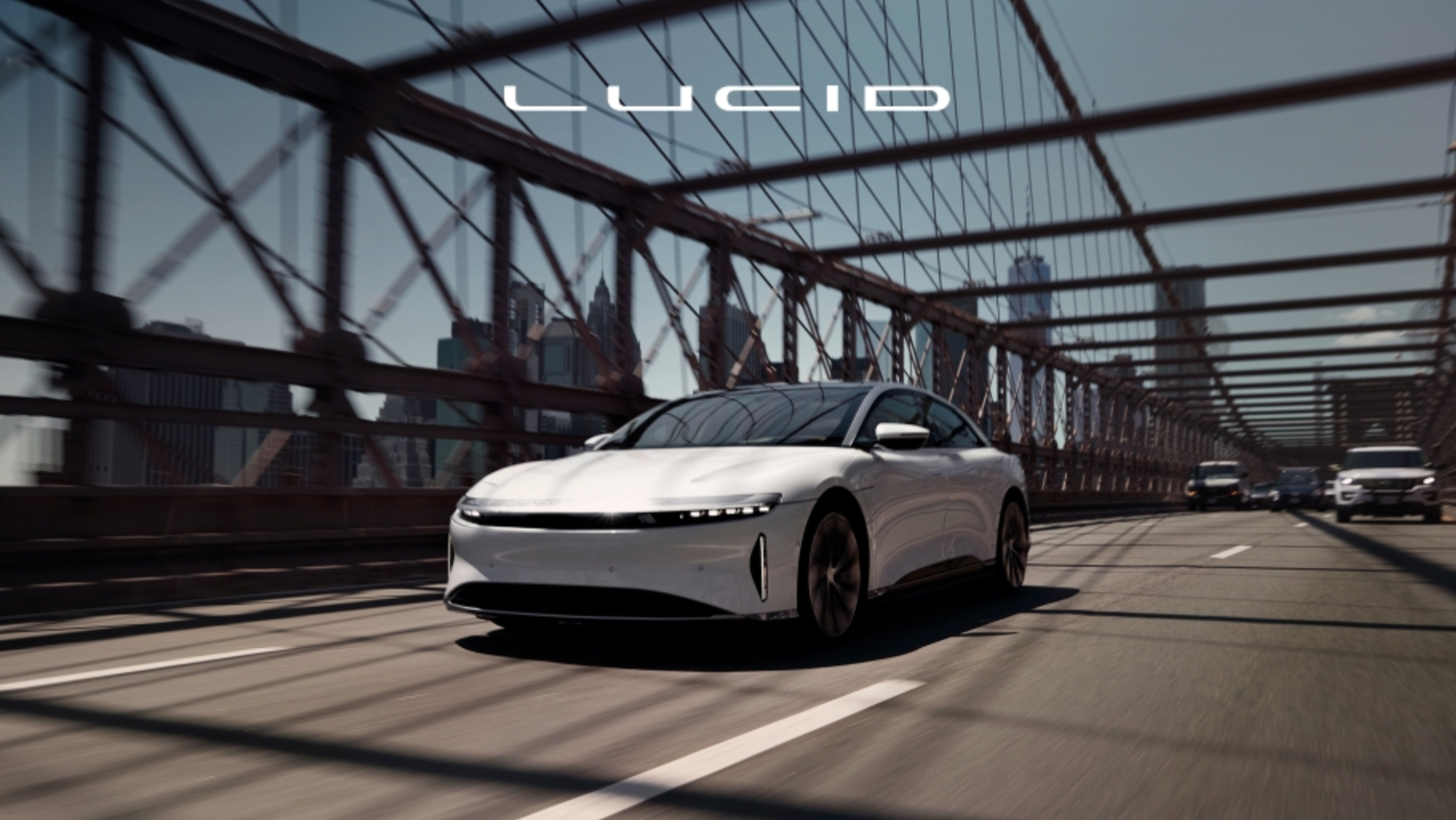In recent years, the automotive landscape has undergone a significant transformation, with electric vehicles (EVs) and autonomous driving technologies at the forefront of this evolution. While traditional automakers have been pivotal in this shift, Big Tech has increasingly invested in the autonomous driving sector. Companies like Alphabet (Google’s parent company), Amazon, Apple, and Microsoft are leveraging their expertise in software development, artificial intelligence (AI), and data analytics to drive advancements in autonomous vehicle (AV) technology.
For example, Amazon’s acquisition of Zoox in 2020 marked its entry into the AV market. Zoox focuses on developing purpose-built, fully autonomous vehicles designed for urban environments. The company’s unique bidirectional vehicles aim to provide efficient and safe transportation solutions in densely populated cities. Zoox plans to launch its services in Las Vegas and San Francisco. This will contribute to the growing competition in the robotaxi market.

Another example, Alphabet’s subsidiary, Waymo, has been a trailblazer in the autonomous driving arena. Originating from Google’s self-driving car project, Waymo has accumulated millions of miles of autonomous driving experience. As of November 2024, Waymo expanded its driverless ride-hailing service across more areas of Los Angeles, offering 24/7 rides from Santa Monica Pier to Downtown LA. The company also operates in San Francisco and Phoenix, with plans to launch in Atlanta and Austin in early 2025.
Also, Apple’s foray into AV, known as Project Titan, has been shrouded in secrecy. While specific details remain scarce, reports suggest that Apple is developing its own AV technology, potentially integrating it with its existing ecosystem of products and services. The company’s expertise in hardware and software integration positions it as a formidable contender in the autonomous driving space.
In addition, Microsoft has adopted a collaborative approach by forming strategic partnerships with various automakers and AV companies. By providing cloud computing services and AI capabilities through its Azure platform, Microsoft supports the development and deployment of autonomous driving technologies. This approach allows Microsoft to play a crucial role in the industry’s growth without directly manufacturing vehicles.
Several factors drive Big Tech’s investments in autonomous driving:
- Data Utilization: Autonomous vehicles generate vast amounts of data, which can be harnessed to improve AI algorithms, enhance user experiences, and develop new services.
- Market Expansion: The AV market is projected to grow significantly, offering new revenue streams and business opportunities for technology companies.
- Synergy with Existing Technologies: Big Tech companies can integrate autonomous driving technologies with their existing products and services, creating cohesive ecosystems that enhance customer loyalty and engagement.
- Competitive Advantage: By investing in autonomous driving, these companies position themselves at the forefront of technological innovation, maintaining a competitive edge in the rapidly evolving tech landscape.
Despite the potential benefits, Big Tech faces several challenges in the autonomous driving sector:
- Regulatory Hurdles: Navigating the complex regulatory environment for AV requires significant resources and strategic planning.
- Safety Concerns: Ensuring the safety and reliability of AV is paramount, necessitating rigorous testing and validation processes.
- Public Acceptance: Gaining public trust in autonomous driving technology is essential for widespread adoption, requiring transparent communication and education efforts.
In conclusion, Big Tech’s investments in autonomous driving signify a transformative period in both the technology and automotive industries. By leveraging their expertise in AI, data analytics, and software development, companies like Alphabet, Amazon, Apple, and Microsoft are poised to play pivotal roles in shaping the future of transportation. As these technologies continue to evolve, collaboration between tech companies, automakers, regulators, and the public will be crucial in realizing the full potential of autonomous vehicles.
Read more about electric vehicle policy at “Green Factories, Green Cars: How EV Companies Are Reducing Waste” and “Could Republican Gains Block California’s Stricter Emissions Policies?“



